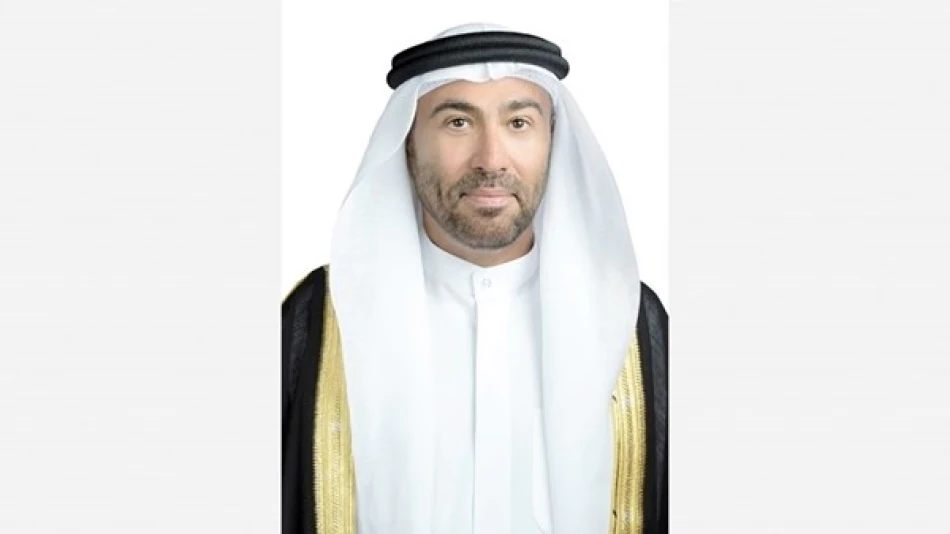
UAE Welcomes Historic Peace Deal Between Azerbaijan and Armenia
UAE Welcomes Historic Armenia-Azerbaijan Peace Deal as Regional Diplomacy Gains Momentum
The United Arab Emirates has praised the landmark peace agreement between Armenia and Azerbaijan, marking a significant diplomatic breakthrough that could reshape South Caucasus geopolitics. The deal, facilitated by US President Donald Trump, represents a major victory for dialogue-based conflict resolution in a region historically plagued by territorial disputes and ethnic tensions.
A Diplomatic Victory Years in the Making
UAE Minister of State Ahmed Al Sayegh commended the wisdom of Azerbaijani President Ilham Aliyev and Armenian Prime Minister Nikol Pashinyan, highlighting their commitment to peaceful solutions over military confrontation. The agreement demonstrates the strong political will of both nations to prioritize diplomatic channels over the decades-old conflict that has claimed thousands of lives and displaced countless families.
Al Sayegh particularly acknowledged President Trump's instrumental role in facilitating this breakthrough, underscoring the effectiveness of sustained international mediation in resolving complex regional disputes.
Strategic Implications for Regional Stability
Economic Opportunities Emerge
The peace deal opens significant economic corridors between Armenia and Azerbaijan, potentially transforming trade routes connecting Europe and Asia. Both nations can now redirect military spending toward infrastructure development and economic cooperation, creating opportunities for foreign investment and regional integration.
UAE's Growing Diplomatic Influence
The UAE's prominent endorsement of this agreement reflects its expanding role as a regional mediator and bridge-builder. Having maintained strong bilateral relationships with both Armenia and Azerbaijan, the Emirates positions itself as a neutral facilitator capable of supporting post-conflict reconstruction and economic development initiatives.
Broader Context: Lessons from Global Peace Processes
This Armenia-Azerbaijan agreement follows successful patterns established in other conflict resolution efforts, including the Abraham Accords in the Middle East, where economic incentives and diplomatic persistence overcame historical animosities. The deal also mirrors peace processes in the Balkans, where international mediation and economic integration helped stabilize formerly hostile neighbors.
What This Means for Investors and Regional Powers
The agreement signals new investment opportunities in energy infrastructure, transportation networks, and cross-border trade facilities. Regional powers including Russia, Turkey, and Iran will need to recalibrate their strategic calculations as Armenia and Azerbaijan move from conflict to cooperation.
For international businesses, the peace deal reduces political risk premiums and opens previously inaccessible markets. The South Caucasus corridor becomes more attractive for energy projects and trade route development connecting Central Asia to European markets.
The Path Forward
While the agreement represents a historic milestone, successful implementation will require sustained international support and careful management of remaining tensions. The UAE's commitment to supporting both nations suggests a coordinated international effort to ensure the peace dividend reaches ordinary citizens through tangible economic improvements and enhanced regional cooperation.
This breakthrough demonstrates that even the most entrenched conflicts can yield to patient diplomacy when backed by strong political leadership and international support—a lesson with implications far beyond the South Caucasus region.
Most Viewed News

 Layla Al Mansoori
Layla Al Mansoori






